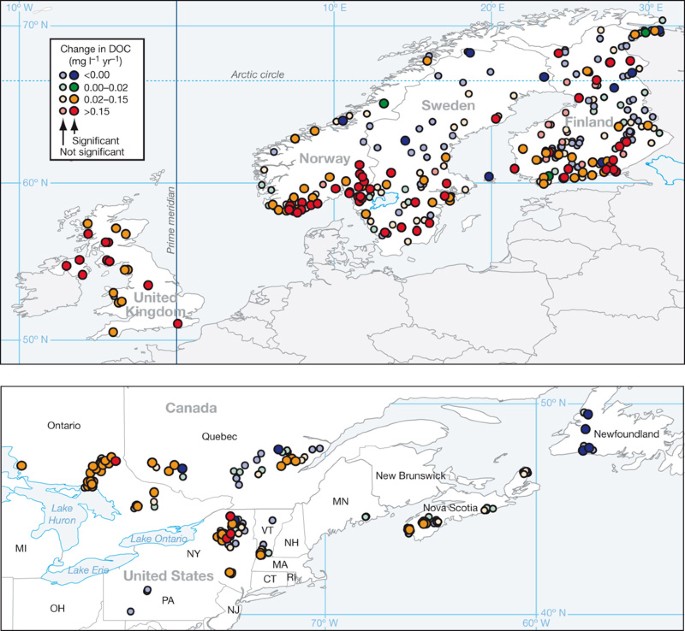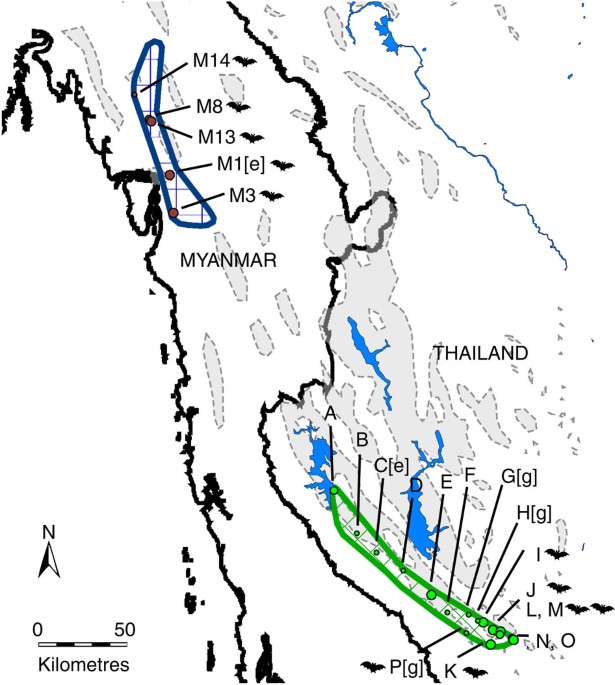
- Select a language for the TTS:
- UK English Female
- UK English Male
- US English Female
- US English Male
- Australian Female
- Australian Male
- Language selected: (auto detect) - EN
Play all audios:
Lingua participants at the Global Voices citizen media summit in Colombo, Sri Lanka. 2017. Photo by Jer Clarke. _“We seek to build bridges across the gulfs that divide people, so as to
understand each other more fully. […] We believe conversation across boundaries is essential to a future that is free, fair, prosperous and sustainable for all citizens of this planet.”
—From the Global Voices manifesto_ Global Voices is an international, volunteer-driven community that has leveraged the power of the internet since 2005 to report stories about people whose
voices and experiences are rarely seen in mainstream media. For nearly as many years, the Lingua translation project has worked to make Global Voices stories accessible in dozens of
languages. In 2006, a group of Francophone contributors raised the idea of launching a Global Voices site in French, partly inspired by a Taiwanese contributor who had begun to translate
Global Voices stories into Chinese for his own blog. Other language communities expressed interest in translating Global Voices stories, and thus Lingua was born. Participants at the Global
Voices summit in Delhi, India. 2006. Photo by Kiran Jonnalagadda. CC BY-NC-SA 2.0 Since then, Lingua volunteers have translated Global Voices stories into many dozens of languages, from the
world’s most spoken languages like Arabic, Bangla, French, Russian and Spanish to other languages big and small like Aymara, Albanian, Malagasy, Odia, Swahili, and Yorùbá. Language sites are
led by Translation Managers who are mostly volunteers, as well. _Why become a volunteer translator? “Because it's a truly multicultural experience. Inspiring people write news stories
from all around the world. I want to help to make their voice sound loud!” —Kasia Odrozek, who has translated for Global Voices in Polish_ In the 2010s, Global Voices expanded to offer
professional translation services to partners and like-minded organizations. Most of the translators who are contracted to work on these opportunities come from within the Lingua community.
The members of our community live all over the globe and come from diverse backgrounds. They include professional translators, students, journalists, subject matter experts, activists,
language enthusiasts, technologists and more. Regardless of their previous experience, volunteer translators find that participating in the Lingua project helps them to develop skills in
translation, critical thinking and more. It also allows them to expand their knowledge about the world, make important professional connections, and strike up friendships with people who
they might otherwise never meet. Learn more about the reasons to get involved. _Why become a volunteer translator? “Because you can help the message reach the people.” __—Aygun Janmammadova,
who has translated for Global Voices in Russian_ Participants in the Global Voices summit in Santiago, Chile, in 2010. Photo by David Sasaki. CC BY-NC-SA 2.0 Whether translating an
individual story or managing an entire language site, these acts of service from volunteers are what keep the Lingua project alive. Because translators choose what they want to translate
based on their own personal interests and schedules, each language site at Global Voices will follow a different publishing rhythm and showcase a unique selection of Global Voices stories.
The following languages actively publish translations: Volunteers at Global Voices may come and go, but their impact remains long after they’ve moved on. While some Lingua sites that were
once active have gone quiet, they nevertheless offer an enduring snapshot of stories from around the world through the lens of a particular language and period of recent history. We are
grateful to past volunteers who, for a time, breathed life into the following language sites: If you would like to volunteer as a translator for an active language site or you are interested
in helping to revive a dormant language site, please send us your application.








